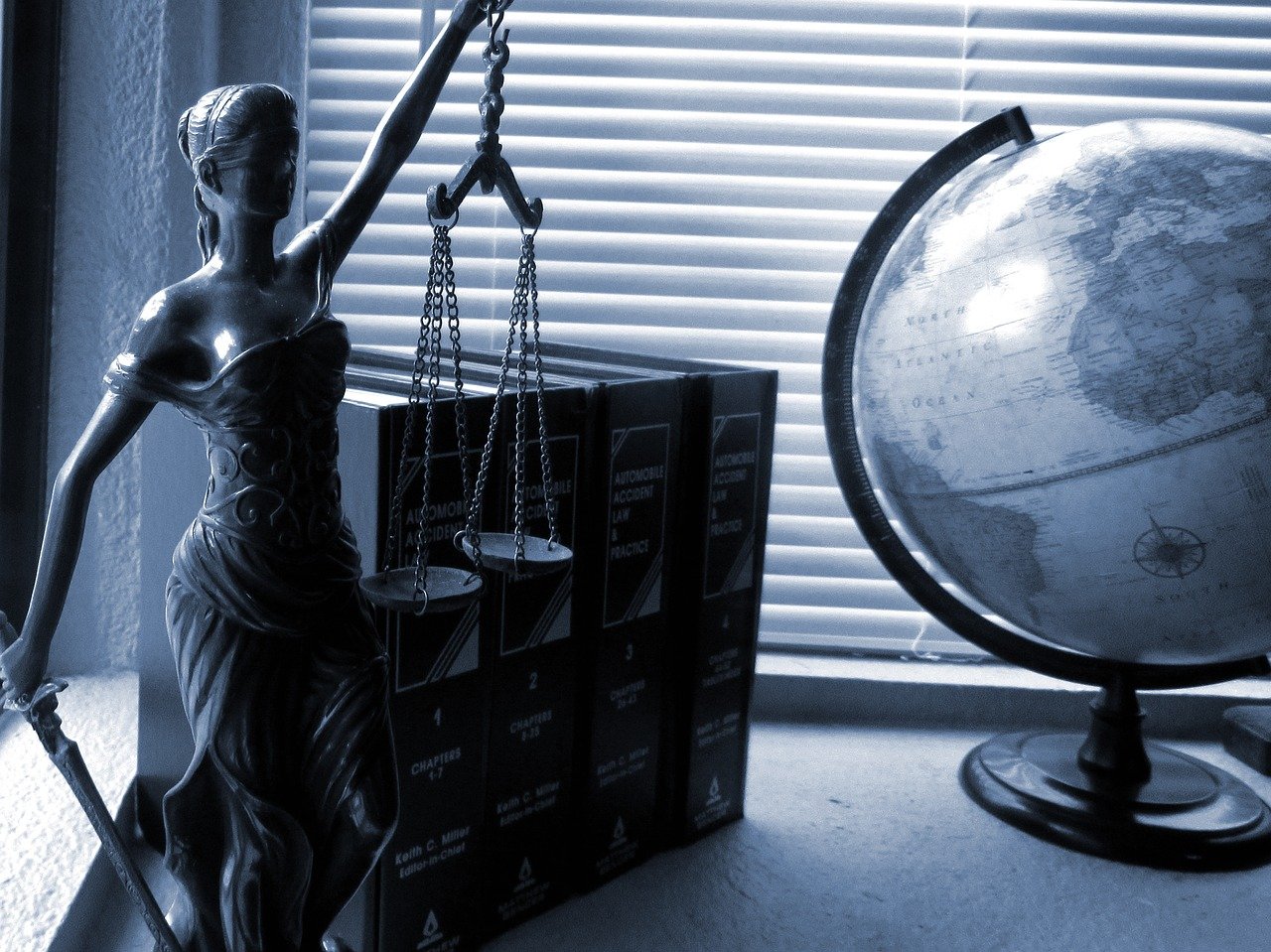Portuguese is among the top 10 most spoken languages in the world, but only 5 percent of its speakers live in Portugal. Curious about how many people speak Portuguese and where it is most prevalent? Read on for some fun facts about the language and see if you’re up for learning Portuguese, starting with a little history.
A brief history of Portuguese
Portuguese is a Romance language that developed over 2000 years ago, in the 3rd century BC, when the Romans arrived on the Iberian Peninsula, a European peninsula made up mainly of what is now Portugal and Spain. In 216 BC, Roman soldiers arrived speaking Vulgar Latin, also called Colloquial Latin, which is the form of spoken Latin from which all Romance languages evolved.
The Romans were not alone in their influence over the Portuguese. During the collapse of the Roman Empire between 409 CE and 711 CE, the Iberian Peninsula was conquered by Germanic tribes, who brought their languages to the region and adopted some of the dialects and culture of Vulgar Latin. The Arab invasion of 711 CE also influenced both Spanish and Portuguese. Today, modern Portuguese has between 400 and 800 words of Arabic origin.
In 1143, Portugal was recognized as an independent kingdom. In 1290, Portugal’s King Denis established the first university in Lisbon and declared that the spoken language of Vulgar Latin would be used and should be called Portuguese.
Modern Portuguese evolved from Galician-Portuguese or Old Portuguese, which are now two distinct languages: Galician and Portuguese. Although they are two separate languages, Galician and Portuguese are similar, and some speakers describe the difference between them as similar to the difference between American English and British English.
Where is Portuguese spoken?
Portuguese is an official language in ten countries and territories, including Brazil, Mozambique, Angola, Portugal, Guinea-Bissau, East Timor, Equatorial Guinea, Macau, Cape Verde, and São Tomé and Príncipe.
During the period of Portuguese colonialism in the 15th and 16th centuries, the Portuguese language was taken to many regions of Africa, Asia and the Americas. Local officials and Europeans of all nationalities used Portuguese as a lingua franca (a common language) to facilitate communication. Portuguese was also used by Roman Catholic missionaries in Asia, and today there is a cultural presence of Portuguese in parts of India, Sri Lanka, Malaysia and Indonesia.
How many people speak Portuguese?
Let’s delve into the key question presented in this article: how many people speak Portuguese in the world? Portuguese is estimated to have 232 million native speakers and around 258 million speakers in total. It is the ninth most spoken language in the world and the second most spoken Romance language after Spanish.
How many people speak Portuguese in the Americas?
Brazil has the largest population of Portuguese speakers in the world: 211.2 million. No other country in the Americas comes close to that number, but there are some places with significant Portuguese-speaking contingents.
The United States is home to 693,000 Portuguese speakers and Canada has 222,000. In addition to Brazil, some South American countries have pockets of Portuguese speakers, including Argentina (58,000), Paraguay (235,000), Uruguay (30,600) and Venezuela (254,000).
How many people speak Portuguese in Europe?
It will come as no surprise that Portugal is the European country with the most Portuguese speakers: almost 10 million. But to put that in perspective, the Brazilian city of São Paulo alone has a population of 12 million.
Although they are the same language, there are some differences between the European Portuguese spoken in Portugal and Brazilian Portuguese. Which one you decide to learn will depend on your individual goals and interests.
There are Portuguese-speaking populations spread all over Europe. In fact, France is not far behind Portugal with 959,000 Portuguese speakers. Germany, Spain and Switzerland each have around 200,000 speakers, give or take a few thousand. 135,000 Portuguese speakers live in the United Kingdom.
How many people speak Portuguese in the rest of the world?
There are quite a few Portuguese speakers in Africa, largely due to colonialism. Angola is home to about 18 million speakers and Mozambique has about 13 million. Guinea-Bissau and South Africa also each have a few hundred thousand speakers.
In Asia and Oceania, you can also find significant Portuguese-speaking populations. There are about 300,000 speakers in both India and Japan, and almost 49,000 in Australia.


